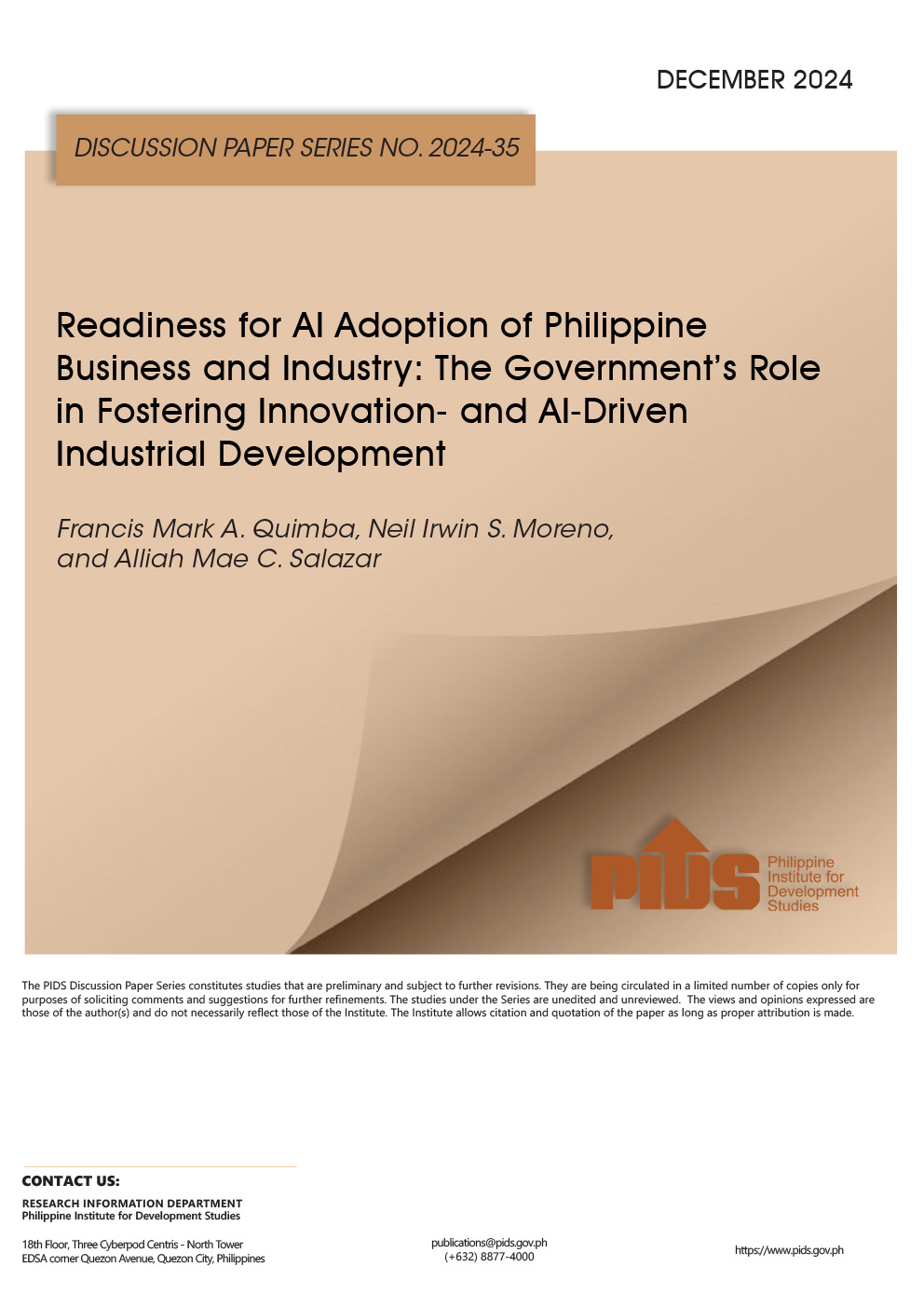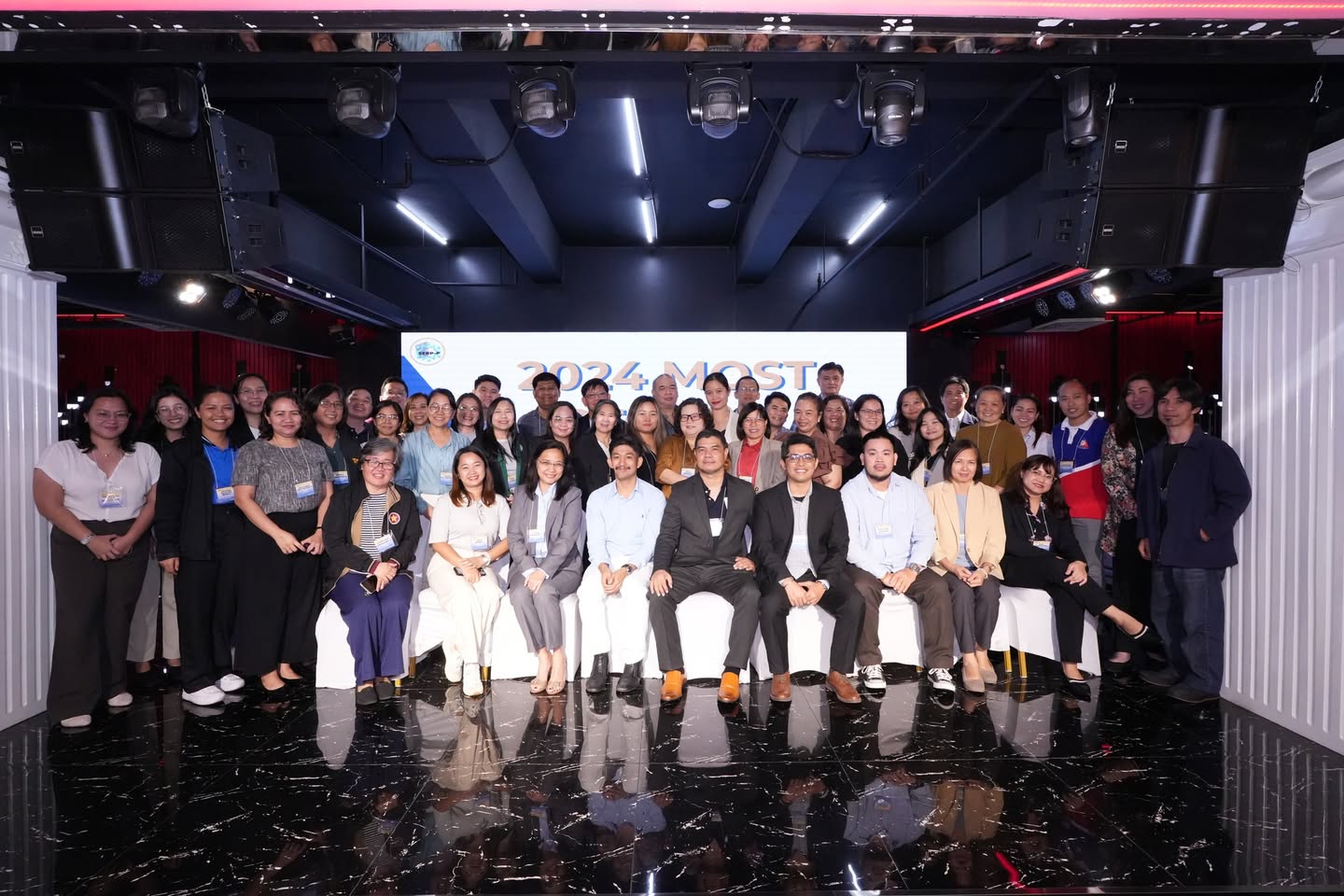THE emergence of new technology brought by the Fourth Industrial Revolution (FIRe) can be a powerful tool to boost the tourism in Bohol, a top official of the Bohol Chamber of Commerce and Industry (BCCI) said.
Marietta Gasatan, BCCI vice president for external affairs, said in a forum organized by state think tank Philippine Institute of Development Studies (PIDS), that the digital age had provided huge opportunities for those in the tourism business to expand their markets, enhance customer satisfaction and improve services.
“If we compare the way we did business 15 years ago, there’s a big difference,” she said, adding that the region’s tourism sector was the first to digitize business processes using online platforms to book guest flights and hotel reservations.
Gasatan said, however, that there were still challenges in the adoption of the fourth industrial revolution.
“Whether we call it FIRe or Industry 4.0, the fact remains that the business landscape is changing at an unprecedented pace. We should not ignore it. We should welcome it in a balanced and customized way but we need to set parameters and embrace only what is accepted and needed by the industry and community,” she said.
Gasatan said challenges include the FIRe’s effect on the region’s culture and heritage and the difficulty in making people, especially the old ones, accept the changes and technological advancements.
“I don’t think ‘Gen X’ or those born from 1965 to 1980, which makes up 20.75 percent of the population in the world, is 100 percent or even 90 percent tech savvy. The same goes for those born from 1946 to 1964, or those we refer to as baby boomers. But we are certain that the digital age will be embraced by ‘Gen Y’ and ‘Z’ or those born between 1981 to 2014 as well as the millennials. This is the reason why we need to persuade the younger generations to closely work with us,” she said.
Gasatan also said that while most of tourism services should be sustained and improved, there were some that could never be replaced by modern technologies.
“Tourism promotes personal touch and personal experience like the warmth of the people you encounter while visiting a place. These experiences cannot and can never be virtual or cyber or be replaced by robotics,” she pointed out.
Gasatan noted that the pace of the region to cope with technological advancements was also dependent on the “feel and priority of the government.’’
“We need the government to push the actors to bring innovation to far-flung areas. Just like the FabLab at the Bohol Island State University, it needs all the support from the public sector. The government can link the FabLab to the industry sector so that it can do more research,” she said.












